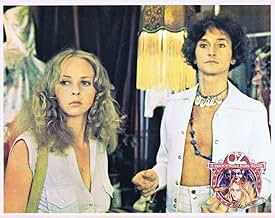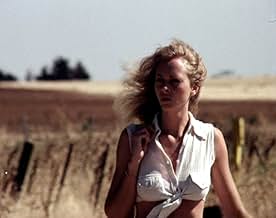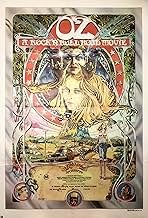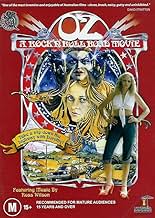This film predates the Australian films Road Warrior and Priscilla of the Desert, and its influence on them is obvious: in the dialogue, locations, photography, direction and political philosophy. The photography is notably confident. The direction is stylish and for the most part well done. If you liked the early Australian films by Bruce Beresford, Peter Weir and George Miller then you'll love "Oz". The direction also reminds this reviewer of Edgar Wright's contemporary work. That similarity suggests that "Oz" was far ahead of its time. The critics of 1967 hated it and the public stayed away - 1960s Australia, like 1940s USA, was in some ways the sort of place where conformity was important, whereas this film is very different to what those viewers would have expected, especially after reading the promotional posters. This film will most likely have more appeal to contemporary audiences: it's still quirkily awkward and self-conscious, but in a contemporary European way rather than a 1960s Australian way. Joy Dunstan (who later appeared in the Australian TV series 'Prisoner') plays her role with less raw passion than her contemporary Jacki Weaver might have done, instead Dunstan's character in this film conveys some of the rather whimsical strength of Australian women most famously represented by Kylie Minogue playing Charlene Mitchell in the Australian TV series Neighbours and further developed in later roles in her career. Men will also enjoy this film, which presents various masculine issues in a different way than most other mid-sixties films from the USA or even Australia. In particular, Bruce Spence (who later went on to play Tion Medon in 'Star Wars III', the Trainman in the 'Matrix' films, and the chopper pilot in the 'Road Warrior' and 'Thunderdome' films) plays a central and sustained role which solidly supports the rest of the cast. This film is worth seeing for Bruce Spence's performance alone. 7/10 for some minor continuity problems.



















